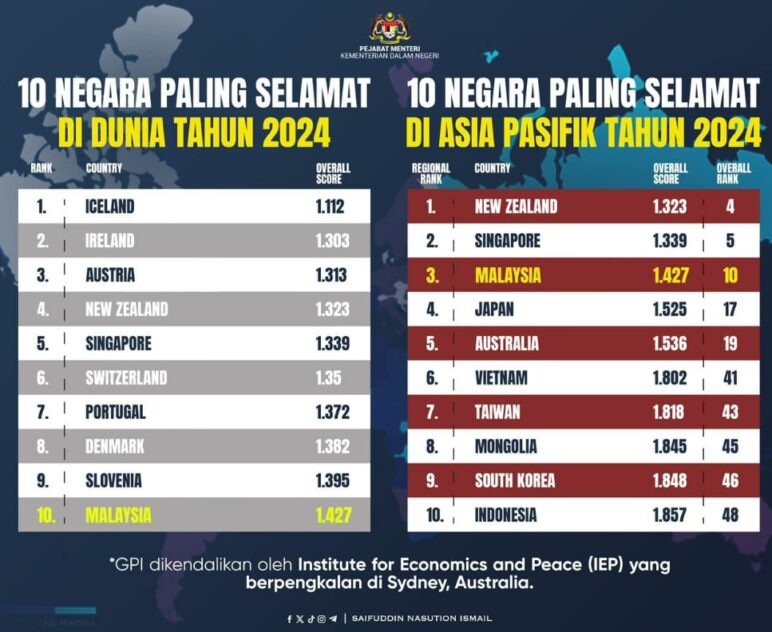AN EXPERT panel which convened to discuss the impending implementation of the Control of Smoking Products for Public Health Act 2024 (Act 852) has unanimously called for sensible vape regulations and cautioned against drastic vape regulations that could impact the economy, retail sector, consumers and public health.
The panel, comprising Datametrics Research and Information Centre (DARE) managing director Pankaj Kumar, Advanced Centre for Addiction Treatment Advocacy (ACATA) president Dr Arifin Fii and Consumer Choice Centre (CCC) country associate Tarmizi Anuwar stressed that for years, the vape industry and consumers in Malaysia had operated without clear guidelines, thus underscoring the need for sensible and structured regulations.
Emphasising the economic implications of drastic regulations, DARE’s Pankaj said banning the display of vape products at points of sale can lead to creating a whole new market for non-compliant and illegal products, undermining both consumer safety and government revenue.
“The vape industry, currently valued at RM3.48 bil, contributes to the economy by creating jobs and facilitates growth of the retail sector. Drastic measures can stifle this growth and lead to job losses,” he added.

“Implementing and enforcing drastic measures can also be costly for the retailers. Hefty costs and investments would need to be made to adjust to the ban of display of vape products and these resources could be better spent on facilitating growth of businesses especially in current economic situation.
“A sensible and balanced regulatory framework is essential to ensure the vape legal market that can be properly monitored and enforced.”
Meanwhile, ACATA’s Dr Arifin highlighted the public health perspective and called for education on harm reduction, saying informing adult smokers about the relative benefits of switching to vape products can significantly reduce smoking prevalence.
He said prohibitive measures such as display bans can be counter-productive and hinder access to less harmful alternative.
“It sends the wrong message smokers and cause smokers to be misinformed about switching to less harmful products. Instead, educational, informative, responsible and regulated display targeted at smokers and potential quitters should be allowed,” he asserted.
Tarmizi, on the other hand, stressed the need for consumer protection and informed choice.
“Adult consumers must be well-informed about their options. Regulations such as banning display of vape products at point of sale can limit the information available to consumers, hindering their ability to make informed choices,” he argued.
“Restrictive measures can also drive consumers to illegal products, where the products are not compliant with any safety standards set and contains unknown and unregulated substances.”
All experts further called for greater collaboration and urged the Health Ministry to engage with all stakeholders, including retailers, industry representatives, public health experts, and consumer advocacy groups.
“This collaborative approach would ensure that the regulations are well-rounded, effective, and in the best interests of all parties,” they said. – June 21, 2024
Main pic credit: The Malaysian Reserve










